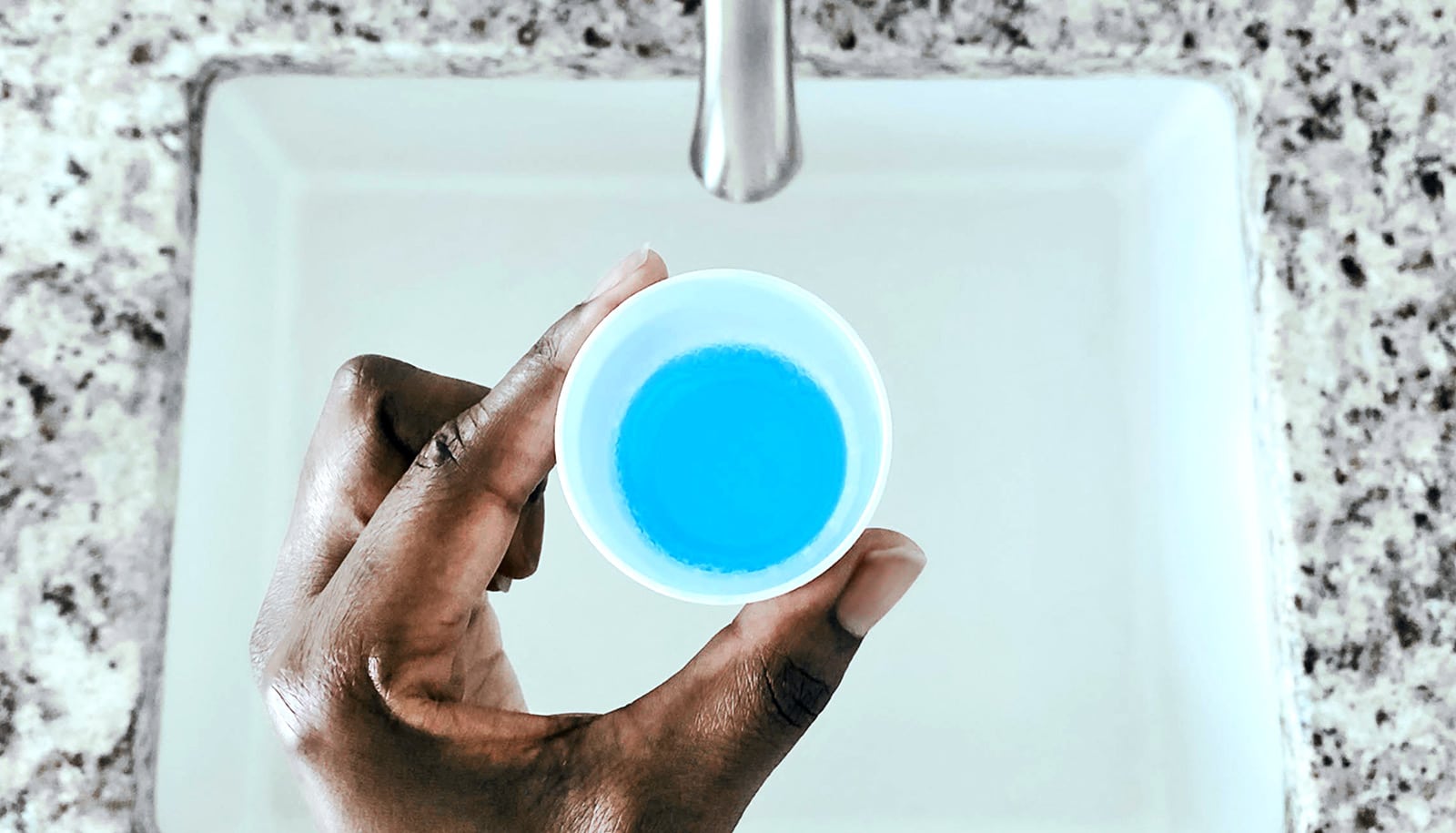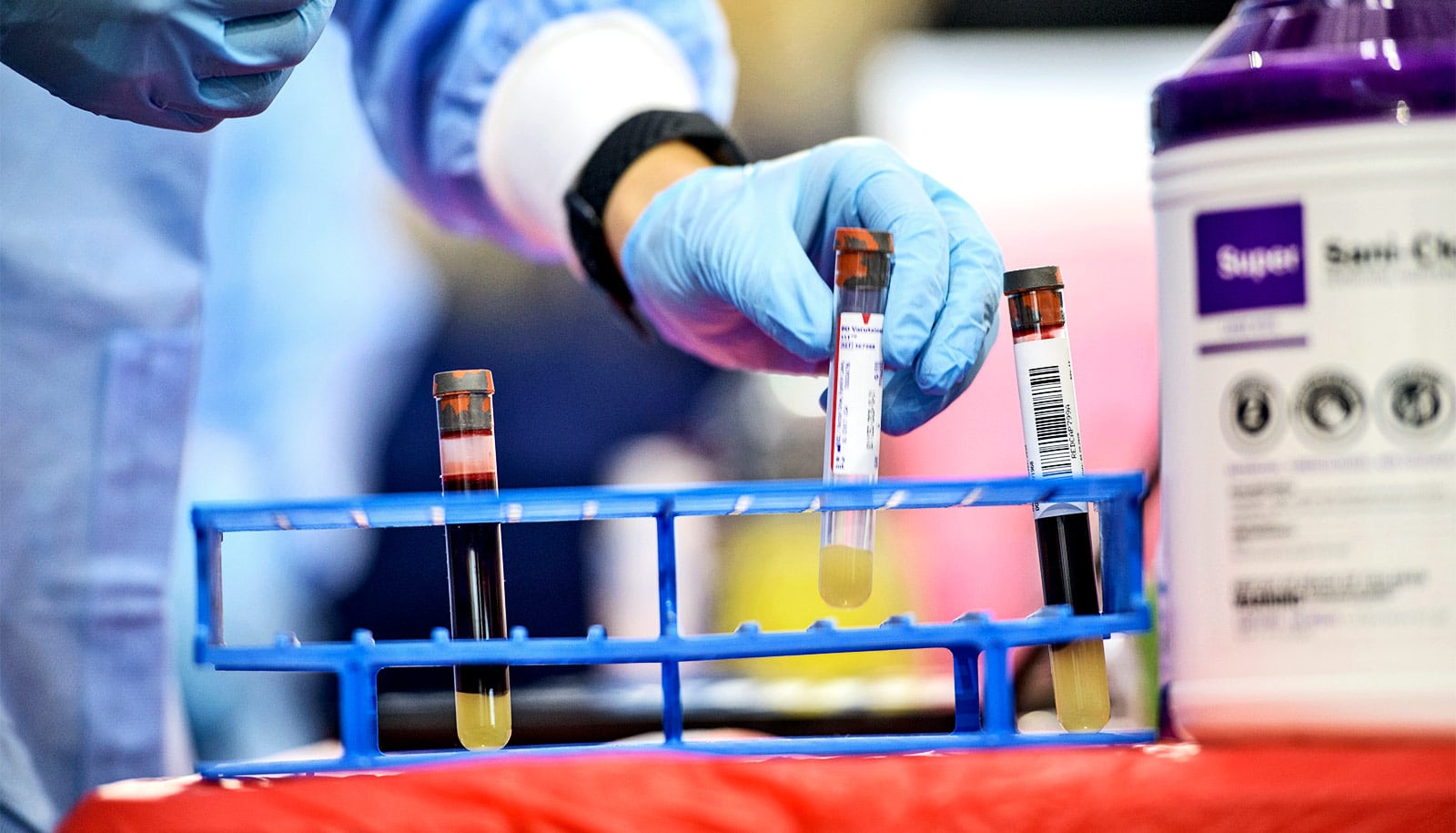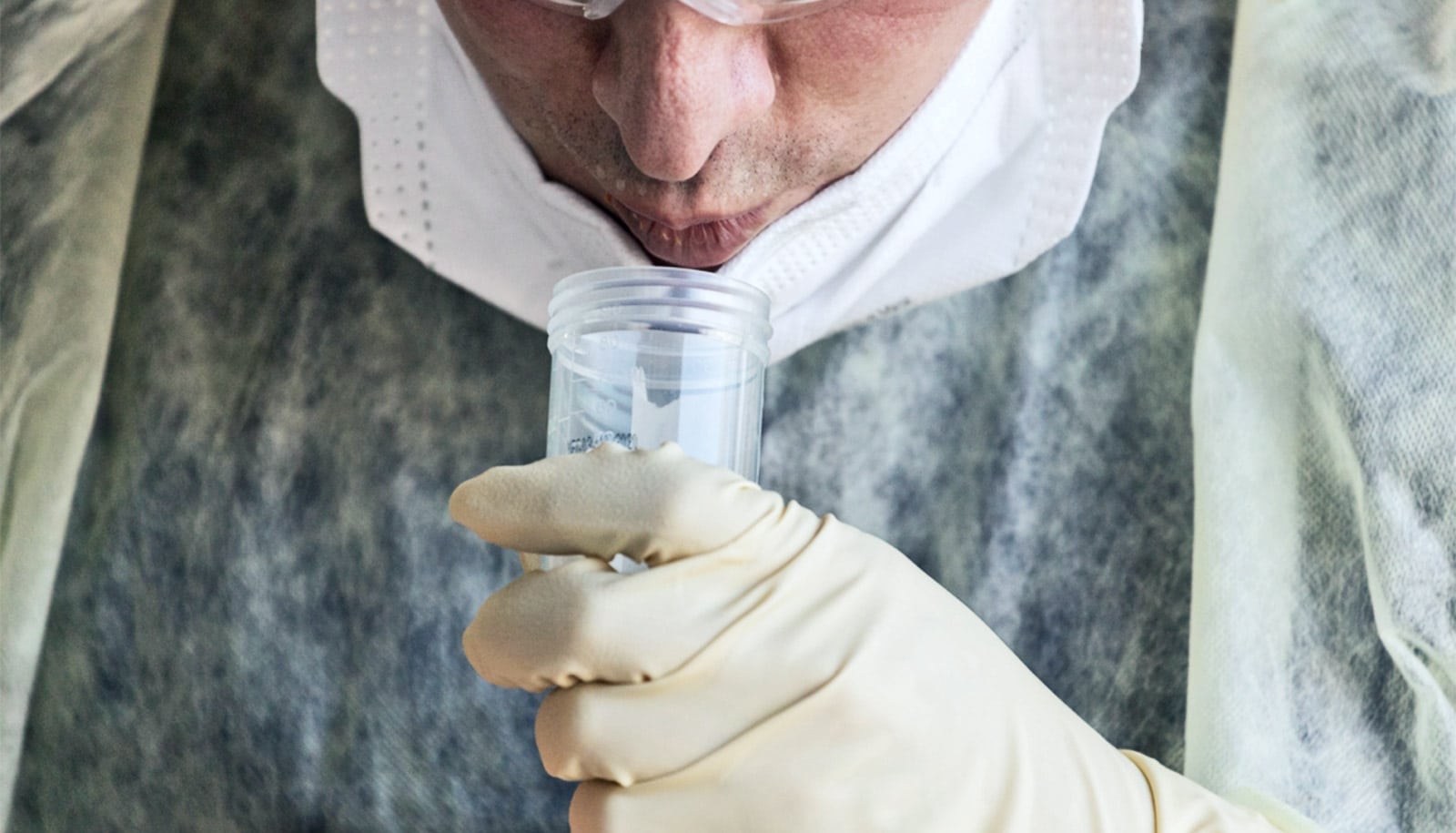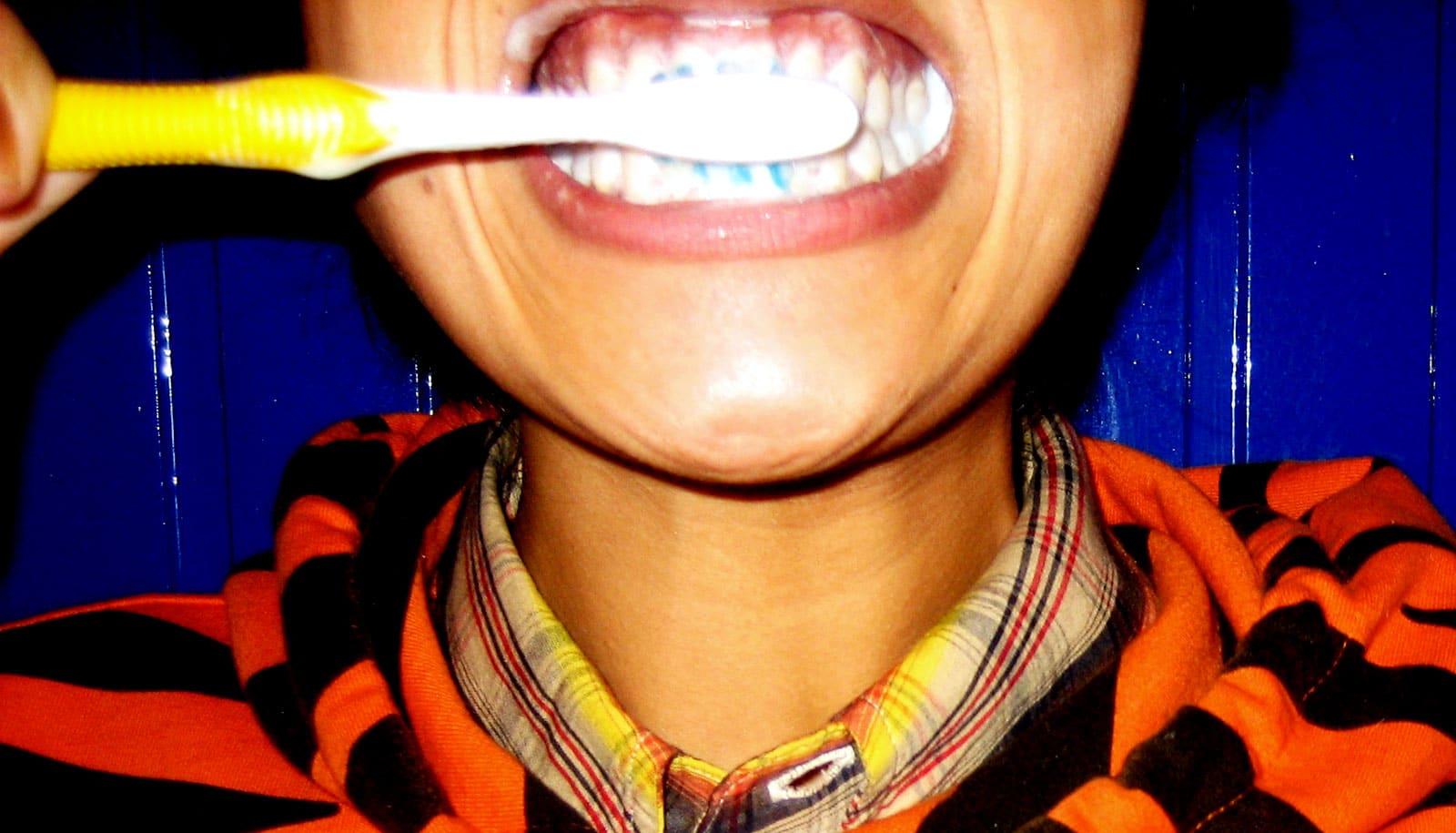Certain oral antiseptics and mouthwashes may offer a way to inactivate human coronavirus, according to a new study.
The findings indicate that some of these products might help reduce the viral load, or amount of virus, in the mouth after infection and may help reduce the spread of SARS-CoV-2, the coronavirus that causes COVID-19.
Researchers tested several oral and nasopharyngeal rinses in a laboratory setting for their ability to inactivate human coronaviruses, which are similar in structure to SARS-CoV-2. The products evaluated included a 1% solution of baby shampoo, a neti pot, peroxide sore-mouth cleansers, and mouthwashes.
The researchers found that several of the nasal and oral rinses had a strong ability to neutralize human coronavirus, which suggests that these products may have the potential to reduce the amount of virus spread by people who are COVID-19-positive.
“While we wait for a vaccine to be developed, methods to reduce transmission are needed,” says Craig Meyers, professor of microbiology and immunology and obstetrics and gynecology at Penn State. “The products we tested are readily available and often already part of people’s daily routines.”
Meyers and colleagues used a test to replicate the interaction of the virus in the nasal and oral cavities—major points of entry and transmission for human coronaviruses—in the rinses and mouthwashes.
They treated solutions containing a strain of human coronavirus, which served as a readily available and genetically similar alternative for SARS-CoV-2, with the baby shampoo solutions, various peroxide antiseptic rinses, and various brands of mouthwash.
They allowed the solutions to interact with the virus for 30 seconds, one minute, and two minutes, before diluting the solutions to prevent further virus inactivation. The outer envelopes of the human coronavirus tested and SARS-CoV-2 are genetically similar, Meyers says, so the research team hypothesizes that exposure to the solution may inactivate a similar amount of SARS-CoV-2.
To measure how much virus was inactivated, the researchers placed the diluted solutions in contact with cultured human cells. They counted how many cells remained alive after a few days of exposure to the viral solution and used that number to calculate the amount of human coronavirus that was inactivated as a result of exposure to the mouthwash or oral rinse that was tested.
The 1% baby shampoo solution, often used by head and neck doctors to rinse the sinuses, inactivated greater than 99.9% of human coronavirus after a two-minute contact time.
Several of the mouthwash and gargle products also were effective at inactivating the infectious virus. Many inactivated greater than 99.9% of virus after only 30 seconds of contact time and some inactivated 99.99% of the virus after 30 seconds.
The results with mouthwashes are promising and add to the findings of a study showing that certain types of oral rinses could inactivate SARS-CoV-2 in similar experimental conditions, Meyers says.
In addition to evaluating the solutions at longer contact times, the researchers studied over-the-counter products and nasal rinses not evaluated in the other study. As a next step to expand on their results, the researchers will design and conduct clinical trials that evaluate whether products like mouthwashes can effectively reduce viral load in COVID-19-positive patients, Meyers says.
“People who test positive for COVID-19 and return home to quarantine may possibly transmit the virus to those they live with,” says Meyers, a researcher at Penn State Cancer Institute.
“Certain professions including dentists and other health care workers are at a constant risk of exposure. Clinical trials are needed to determine if these products can reduce the amount of virus COVID-positive patients or those with high-risk occupations may spread while talking, coughing, or sneezing. Even if the use of these solutions could reduce transmission by 50%, it would have a major impact.”
Future studies may include a continued investigation of products that inactive human coronaviruses and what specific ingredients in the solutions tested inactivate the virus.
The results appear in the Journal of Medical Virology. Additional coauthors are from Brigham Young University and Penn State.
The Penn State Huck Institutes for the Life Sciences supported the work. The researchers declare no conflict of interest.
Source: Penn State



